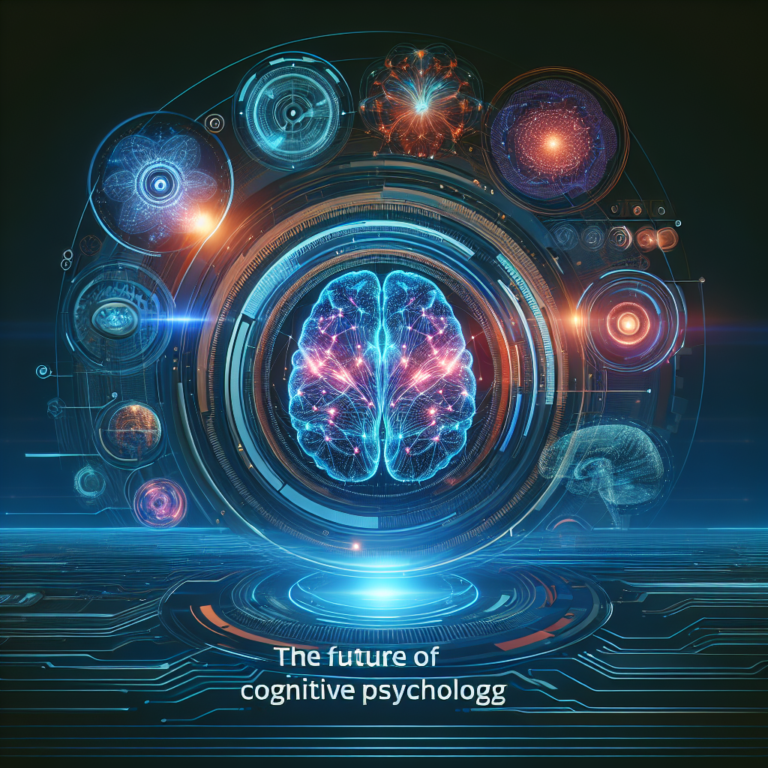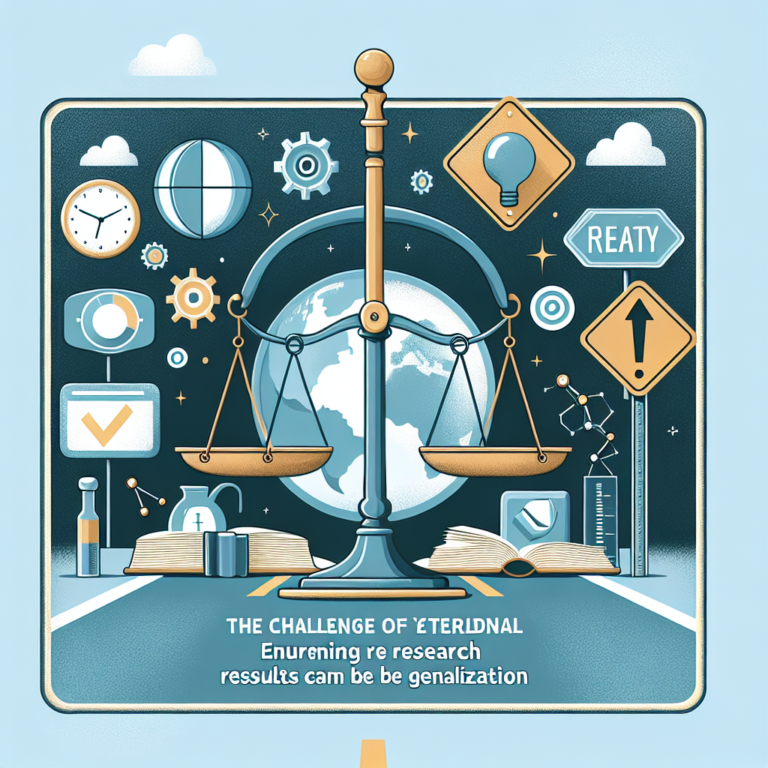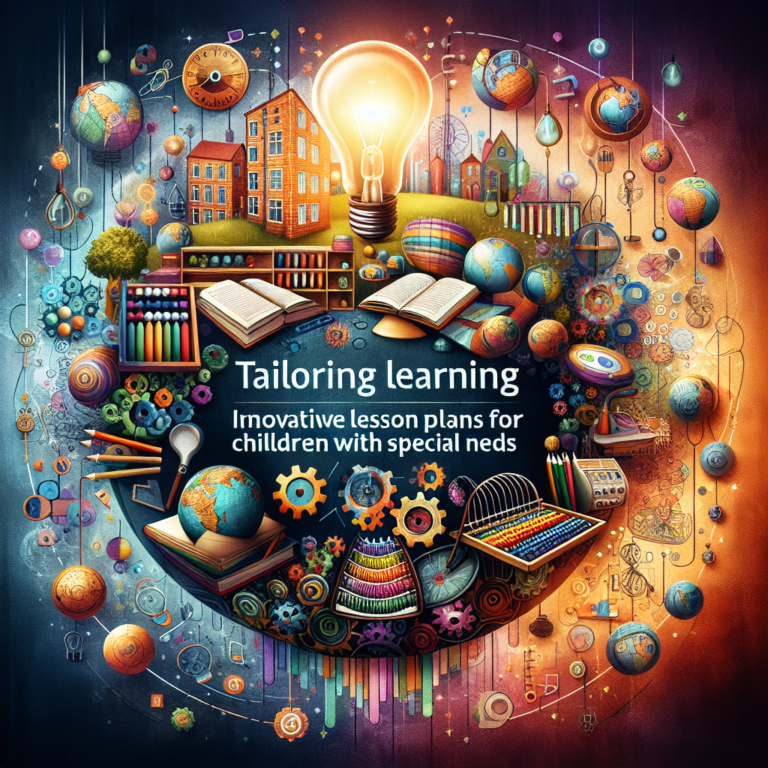
Introduction
Imagine holding a cherished memory, like a snapshot in time, that transports you back to a moment filled with joy. The science of memory retrieval not only underpins our understanding of these precious recollections but also influences our daily lives. From the bittersweet flavors of a childhood meal to the scent that triggers a forgotten love, memory retrieval is an essential part of the human experience. As we delve into Unlocking Memories: The Science Behind Memory Retrieval, we’ll explore how memories form, the intricate processes involved in retrieving them, and the techniques you can use to enhance your memory.
The Architecture of Memory
1. How Memories Are Formed
Memories are not static objects stored in a particular location in the brain; rather, they are dynamic networks of neurons that interact and evolve. Memory formation involves three key stages:
- Encoding: This is the initial process where information is transformed into a form that can be stored. Engaging with material actively, not passively, aids encoding.
- Storage: Once encoded, information travels to different parts of the brain. Short-term memories can be converted into long-term storage through repetition and emotional significance.
- Retrieval: This final stage involves accessing the stored memories. Different cues can facilitate or hinder retrieval.
Case Study: The Role of Emotion in Memory Formation
Research by neuroscientists has shown that emotionally charged events are often remembered better than neutral ones due to the release of hormones like cortisol and adrenaline. For instance, individuals who experienced traumatic events often recall details vividly years later. This finding highlights the connection between emotion and memory retrieval, emphasizing that unlocking memories tied to strong feelings can evoke rich recollections.
2. The Process of Memory Retrieval
Memory retrieval can be likened to a complex, interconnected web of associations. When you think of a particular event, various cues—such as smells, sounds, or even feelings—can trigger related memories.
Types of memory retrieval:
- Recall: This involves retrieving information without cues. For example, answering an exam question from memory.
- Recognition: This occurs when you identify previously learned information among choices, such as multiple-choice exams.
Charts: Types of Memory Retrieval
| Type of Retrieval | Description | Example |
|---|---|---|
| Recall | Retrieve information without cues | Remembering a friend’s birthday |
| Recognition | Identify previous information | Choosing a familiar face among photos |
3. The Science of Forgetting
Forgetting is a natural counterpart to memory retrieval. The forgetting curve, proposed by Hermann Ebbinghaus, illustrates how information is lost over time without reinforcement.
Case Study: The Role of Spaced Repetition
Spaced repetition, a technique based on the forgetting curve, has been shown to enhance long-term memory retention. A study found that students who utilized spaced repetition while studying improved their recall by up to 60%. This strategy matures over time and exemplifies how memory retrieval can be bolstered by structured learning methods.
Enhancing Memory Retrieval
4. Techniques to Unlock Your Memories
Now that we understand the mechanics behind memory retrieval, let’s explore actionable techniques that can help maximize your memory capacity.
Techniques include:
- Mind Mapping: This involves visually organizing information, thus creating a more engaging way to remember concepts.
- Mnemonic Devices: These are memory aids that use association, rhymes, or acronyms to enhance recall.
- Journaling: Writing about experiences strengthens neural connections and aids in memory retrieval.
- Meditation and Mindfulness: Recent studies suggest that mindfulness can enhance neuroplasticity, improving memory and retrieval capabilities.
Case Study: Mind Mapping in Education
In educational settings, mind mapping has been utilized effectively to enhance information retention. A study involving students revealed that those who used mind maps scored significantly higher on tests than those who relied solely on traditional note-taking. This case illustrates the practical application of memory retrieval techniques in improving academic performance.
The Interplay of Memory and Identity
5. Memory’s Role in Shaping Identity
Memories are not just isolated facts; they are integral to our identity. They shape our beliefs, influence our decisions, and even dictate our emotional responses. The phenomenon known as narrative identity involves constructing personal narratives based on memories.
Example: The Influence of Autobiographical Memory
A person’s recollection of their life events influences their self-perception. For instance, individuals who reflect on positive memories often report higher self-esteem and life satisfaction. This highlights how enhancing memory retrieval can lead to a more resilient sense of self.
Challenges in Memory Retrieval
6. Barriers to Successful Retrieval
Despite the brain’s impressive capabilities, there are several barriers that can obstruct memory retrieval:
- Interference: New information can disrupt the recall of older memories.
- Contextual Factors: The environment in which you learned information may impact your ability to retrieve it later.
- Psychological Factors: Stress, anxiety, or depression can significantly hinder memory performance.
Case Study: Stress and Memory
Research shows that high levels of stress can impair memory retrieval, illustrating how mental health is closely linked to cognitive function. A study revealed that individuals under stress performed poorly on memory tasks, affirming the importance of managing stress to optimize memory retrieval.
Conclusion
In exploring Unlocking Memories: The Science Behind Memory Retrieval, we see that understanding how memories work can empower us to enhance our lives. From using effective techniques to ensure emotional memories are cherished, the journey through memory retrieval offers valuable insights. Memories define us; they create connections and give context to our experiences. By applying these principles, not only can we unlock the memories that shape our identities, but we can also lead richer, more fulfilling lives.
FAQs
1. What is the best way to enhance memory retrieval?
- Techniques such as spaced repetition, mindfulness, and journaling have been shown to improve memory recall.
2. Why do we forget?
- Forgetting can occur due to various reasons, including interference from new information, lack of cues, or psychological factors like stress.
3. Can memories be altered?
- Yes, memories can change over time due to new experiences or information, a phenomenon known as memory reconsolidation.
4. How does emotion affect memory?
- Emotionally charged memories tend to be retained better than neutral ones due to physiological responses that enhance encoding.
5. What is narrative identity?
- Narrative identity refers to the way individuals construct their sense of self based on their life memories, shaping their beliefs and actions.
By harnessing the science of memory retrieval, we can enhance our understanding of ourselves and improve our daily interactions, ultimately leading to a richer, more vibrant life.















